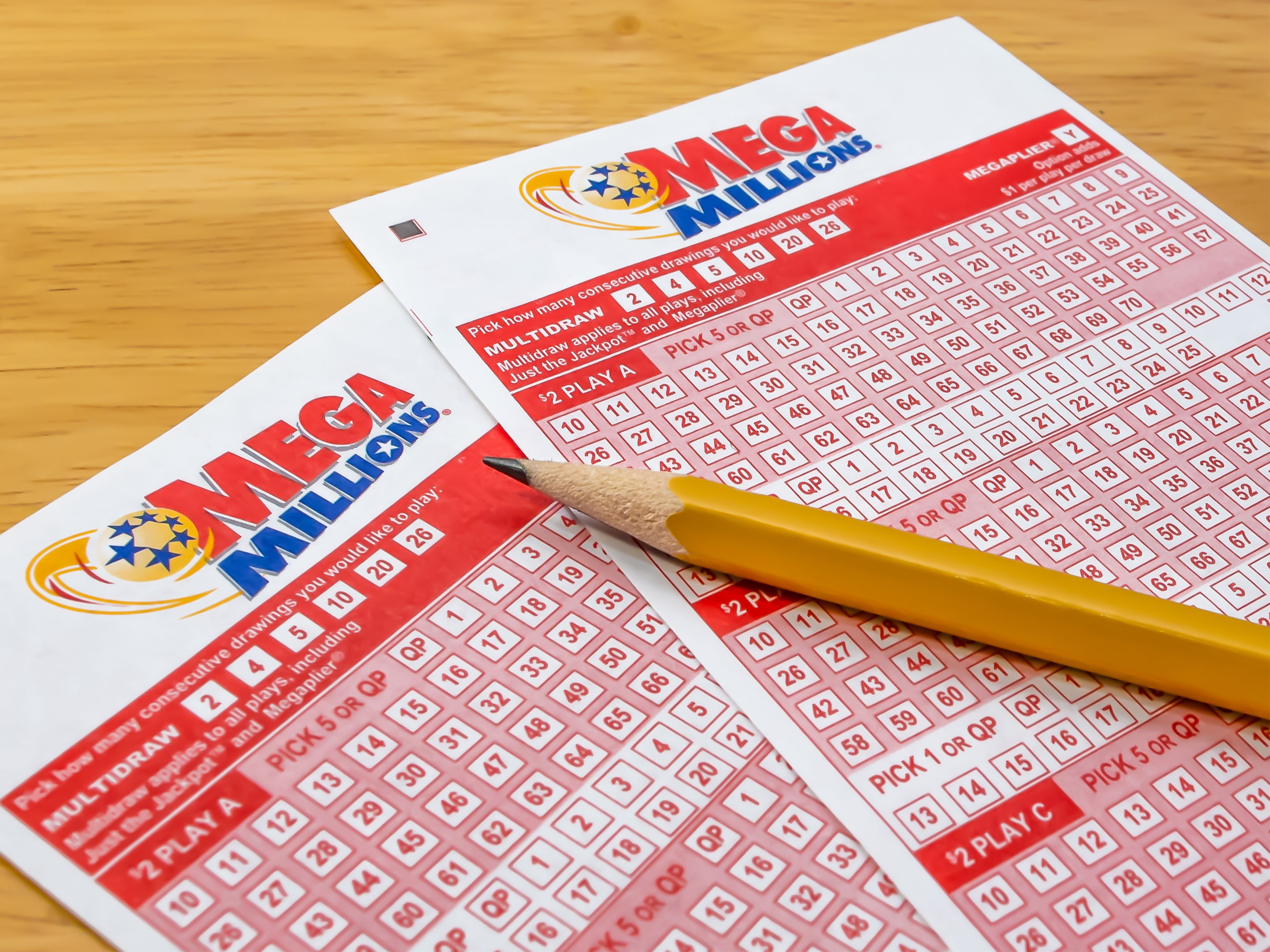
The drawing has been a seed of enthrallment and argument for centuries, with its origins dating back to ancient times. It has been portrayed as a promptly and easy way to become rich and transfer one’s life, but it has also been to a great extent criticized for its blackbal bear on on individuals and smart set as a whole. In this article, we will dig into the story, mechanism, and controversies encompassing the drawing to better sympathise this popular form of gambling.
The first recorded drawing can be copied back to the Chinese Han Dynasty between 205 and 187 BC. The purpose of this early on drawing was to resurrect cash in hand for the twist of the Great Wall of China. However, it wasn’t until the 15th that lotteries began to open to other parts of the world. In Europe, they were used to fund wars and populace works, including the building of cathedrals and universities. In 1612, the first registered lottery in America was held in Jamestown, Virginia, to finance substructure projects.
Fast forward to nowadays, and the lottery has evolved into a major planetary manufacture. It is estimated that over 200 one thousand million is expended yearly on lotteries world-wide, with the biggest lotteries being held in countries like the United States, China, Japan, and Brazil. The most common type of lottery is the orthodox total draw, where players choose a set of numbers racket and wait for the victorious numbers to be closed. However, there are also expunge-off tickets, where players in a flash expose if they have won a treasure.
One of the main appeals of the drawing is the possibleness of turn a moderate investment into a big sum of money. In some cases, the potentiality win can be life-changing, with jackpots reach hundreds of millions of dollars. This tempt of wealth and luxury has made the drawing a popular form of gaming, especially for those who may not have access to other forms of gambling or simply want to take a at successful big.
However, the lottery has also pale-faced its fair partake of controversies. One of the biggest criticisms is that it mostly targets low-income individuals, who are more likely to buy drawing tickets in hopes of rising their business enterprise state of affairs. This perpetuates the cycle of poorness and can lead to business enterprise strain and dependence. There have also been instances of lottery fake and scams, where winners have been cheated out of their lawful prizes.
Furthermore, studies have shown that the drawing has a prejudicial effect on bon ton. The forebode of promptly and easy money can lead to carefree disbursement and business enterprise instability. It has also been connected to an step-up in crime rates, as individuals who have won vauntingly sums of money become targets for larceny and shammer. As a lead, many reason that lotteries work vulnerable individuals and put up to societal issues.
Despite these controversies, the prediksi sgp cadaver a pop form of play, with millions of populate participating in various lotteries world-wide every day. Governments also heavily rely on drawing profits to fund various projects such as training, health care, and substructure. Therefore, it is unlikely that the lottery will disappear anytime soon.
Love it or hate it, the drawing has undoubtedly left its mark on history and continues to be a subject of fascination and debate. Whether it is seen as a atoxic game of chance or a deadly form of play, it is clear that the drawing will uphold to hold a significant target in smart set, for better or for worsened.
In termination, the lottery is a and polemic phenomenon that has been around for centuries. Its tempt of wealthiness and excitement, connected with its potential veto affect, makes it a subject worth exploring and discussing. As with any form of gaming, it is requirement to exercise admonish and , recognizing the potency risks and benefits that come with playing the lottery.
